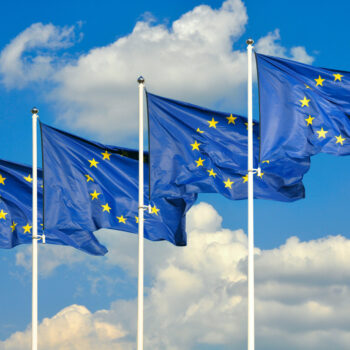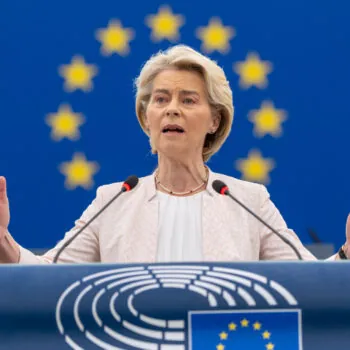The EU and UK have both stated that they would like to see close cooperation on climate change issues as part of the future relationship agreement post-Brexit. However, to date there has been very little detail on how this will be operationalised in practice.
The UK is currently part of the joint EU Nationally Determined Contribution (NDC) that was submitted to the Paris Agreement. Both the EU and UK are also looking at ways to increase their climate ambition, including a possible move to a “net-zero” long-term goal for emissions reductions. A negotiated solution to the Brexit process would result in a transition period to the end of 2020, where the UK would remain part of the core EU economic mechanisms but no longer have decision making powers on its governance.
This raises three core issues: How will the EU and UK cooperate on climate change and energy during the transition period and what does this mean for the current NDC? How will increased ambition, including the consideration of moving to a ‘net zero’ target before 2050, in line with the Paris Goals be operationalised? What will be the key arrangements for long-term climate and energy cooperation post 2020?
To address these questions, we recommend that the following actions are taken forward.
Transition phase recommendations:
- Urgently clarify the working arrangements during the transition and whether the UK will pursue an independent climate diplomacy strategy or continue to coordinate with the EU-27;
- The EU and UK should hold a joint press conference at COP 24 in Katowice and immediately after the end of the Article 50 period to clarify that there will be no rollback on climate ambition in the current NDC, and communicate transition arrangements to other Parties;
- The EU and UK should continue to coordinate action during the transition period with a view to both switching to a ‘net-zero’ long-term goal and communicating increased ambition at the UNSG Special Summit in September 2019;
- The UK should clarify how it will report on meeting its existing international obligations during the transition period, including under the Kyoto Protocol;
- In its clarification of joint actions with Norway and Iceland the EU should consider any relevant applications for the UK during the transition; and
- The EU and UK should discuss contingency plans for climate change in the event that the transition period is extended beyond December 2020.
Future relationship negotiation recommendations:
- The EU and UK should agree to strategically link climate and energy negotiations as part of the future relationship statement. This will be vital to manage the linkages in key areas such as emissions trading;
- The EU and UK should agree a broad scope for climate cooperation. This should include mechanisms to coordinate climate diplomacy alongside both emissions trading, effort sharing regulation and land-use, land-use change and forestry;
- The future relationship statement that will be agreed as part of the Article 50 process should include a climate and energy [chapter/section] and make clear references to continued delivery with regard to the Paris Agreement;
- During the transition period the EU and UK should try and achieve the highest possible levels of cooperation on climate change and energy as this will maximize benefits for citizens on both sides;
- A decision by the UK to set out an independent nationally determined contribution (NDC) is still compatible with high levels of climate cooperation. Lessons from the current Norway and Iceland NDCs provide examples of joint action with the EU to fulfil climate goals;
- However, the UK and EU should also put in place contingency plans to try and minimize the impact of a no deal scenario.


